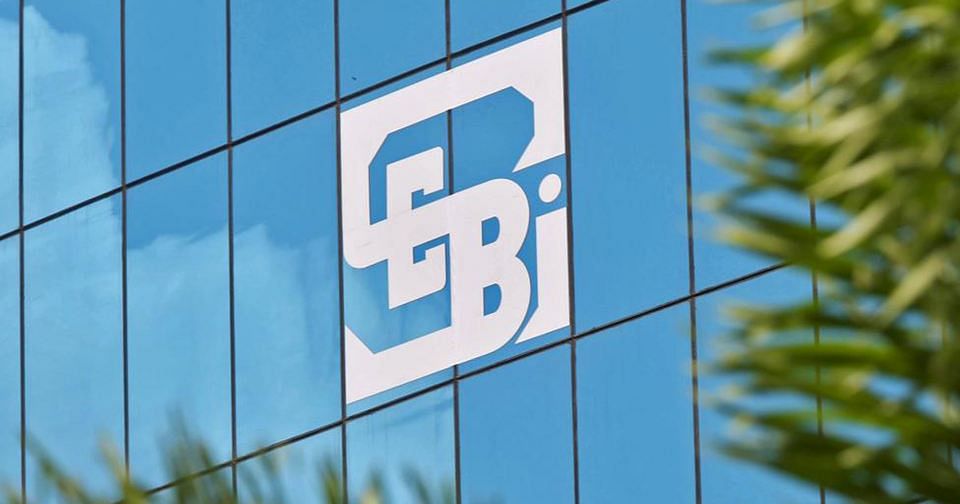The Securities Appellate Tribunal raised concerns on the market regulator’s directions to PNB Housing Finance Ltd. even before the company’s shareholders could vote on the preferential allotment resolution.
During the hearings on Tuesday, the appellate tribunal “raised an objection” on Securities and Exchange Board of India’s stance to stop the housing financier from holding an extraordinary general meeting. SEBI could’ve passed an order after the extraordinary general meeting and the company’s shareholders, including Punjab National Bank, would have been able to raise concerns, SAT said.
To SEBI’s argument that the preferential allotment pricing decision by PNB Housing Finance’s board will have a direct impact on the market, the appellate tribunal observed the regulator has pre-empted the EGM outcome.
The cases emanates from objections the SEBI has raised on the pricing of the preferential allotment issue proposed by PNB Housing Finance. The housing financier had announced capital raising via a preferential issue on May 31 to certain entities belonging to the Carlyle Group, General Atlantic, Ares SSG and Salisbury Investments.
Currently, government-owned Punjab National Bank owns 32.6% stake in it. The preferential issue would’ve brought PNB’s stake down to 20% and Carlyle Group would’ve become the company’s controlling shareholder with an over 50% majority stake.
For this preferential issue, PNB Housing Finance’s board had arrived at a price of Rs 390 per share. The pricing was determined as per SEBI’s Issue of Capital and Disclosure Requirements Regulations.
But the market regulator directed PNB Housing Finance to undertake the valuation of shares as per its articles of association. This had prompted PNB Housing Finance to approach SAT for relief, which had allowed the company to go ahead with the e-voting but not disclose the results.
On July 7, PNB Housing Finance’s board had decided to await the decision of the appellate tribunal even though PNB had asked it to consider restructuring the Rs 4,000-crore fundraising plan.
On Monday, arguing for PNB Housing, senior advocate Janak Dwarkadas had questioned SEBI’s jurisdiction to direct a listed company to adhere to its articles of association. Senior Advocate Fredun Devitre argued before SAT on behalf of the market regulator on Tuesday.
SEBI’s counsel argued that it’s incorrect to say that the regulator is directing the company to disobey its own regulations. Devitre was responding to PNB Housing Finance’s submission that the company is being asked to adhere to its articles when the law says something else.
The regulator is only saying that the ICDR prescribes a floor price for a preferential issue. But if in its AoA, which is a contract with shareholders, a company has promised a formula that could result in a higher pricing, that exercise must be undertaken, Devitre submitted.
He argued that:
-
There’s no conflict between PNB Housing Finance’s articles of association, SEBI’s ICDR regulations and company law provisions. And even if there is one, any court’s first endeavor must be to reconcile it so that there’s compliance with both.
-
ICDR was brought in to ensure shareholders do not get a price below a benchmark. It does not prohibit a price that is higher than the price determined under the regulations. So there’s no conflict between ICDR and the company’s AoA.
In reconciling the two—ICDR and AoA—rule of harmonious construction will apply.
The market regulator will resume its arguments on Friday.
